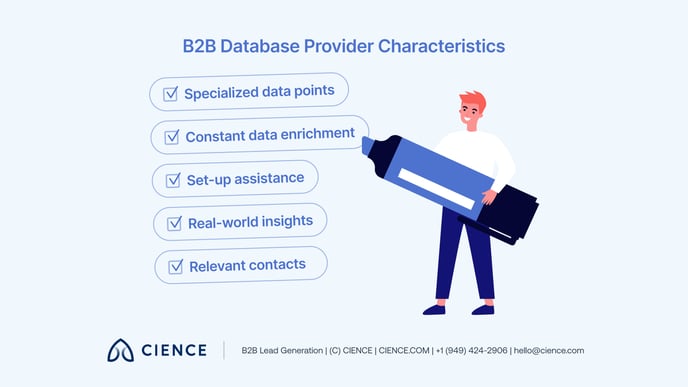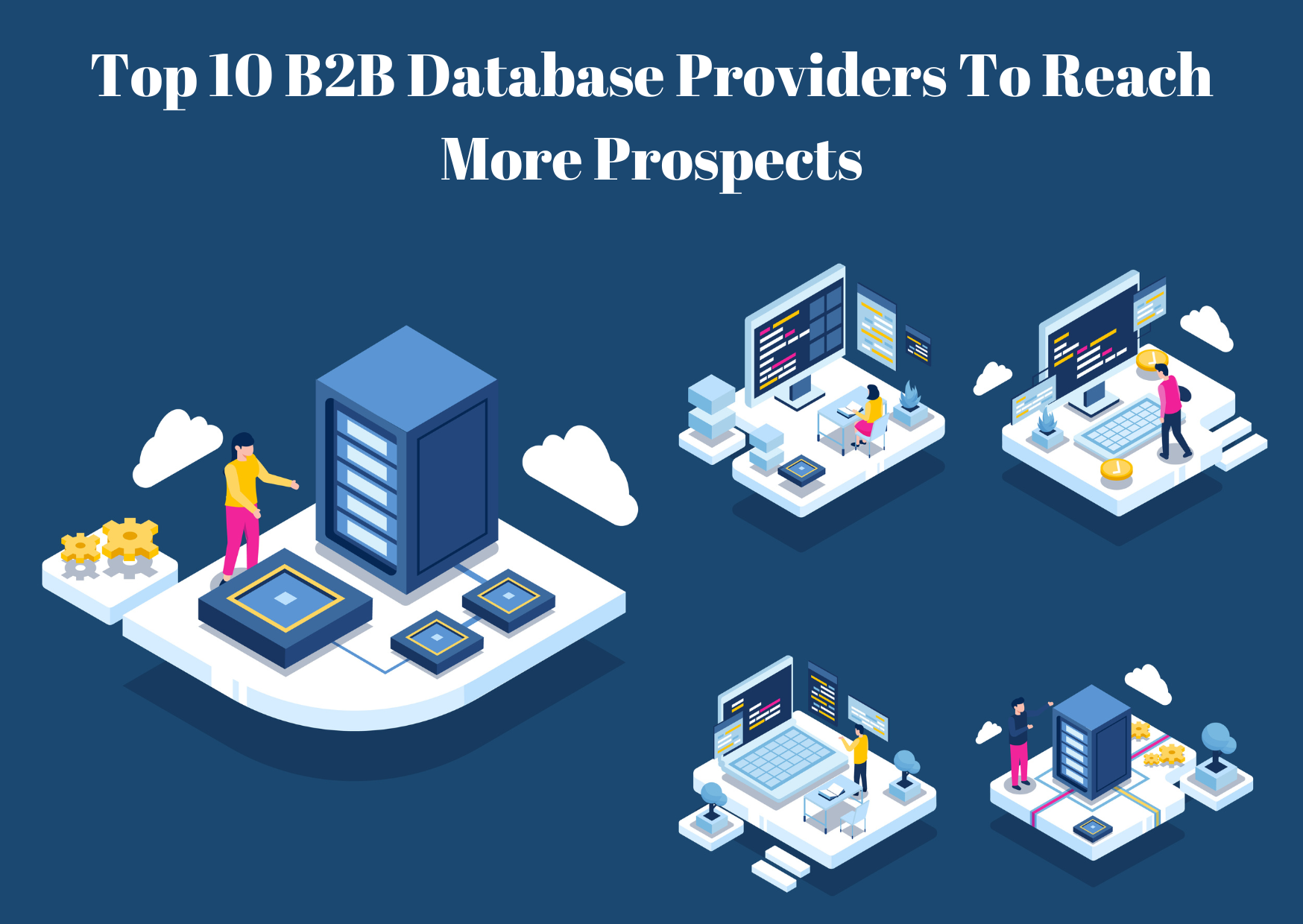Leading Database Providers for High-Performance Applications
Key Functions to Look for When Choosing a Data Source Service Provider
Picking a database supplier is a critical decision that can dramatically impact your company's data and procedures management technique. Amongst the essential functions to consider are scalability options, which make certain that your system can adjust to growing needs. Security procedures, efficiency metrics, and consumer support likewise play essential duties in this evaluation process. As you weigh these aspects, it comes to be noticeable that the choice is not merely about performance however likewise concerning straightening with your lasting vision. What various other factors to consider might influence this important decision?
Scalability Options
When choosing a data source company, recognizing scalability options is essential to guaranteeing that the chosen solution can suit future development. Scalability refers to the ability of a database system to increase its capability and performance in response to raised need. There are two primary kinds of scalability: upright and horizontal.
Vertical scalability, or "scaling up," involves boosting a solitary server's sources, such as CPU, RAM, or storage. This approach can be uncomplicated and economical for smaller sized applications however may get to a limitation where further upgrades are not practical or as well expensive.
Horizontal scalability, or "scaling out," involves including much more web servers to distribute the lots. This method allows for higher flexibility and can fit significant rises in data quantity and user web traffic (database provider). It is particularly helpful for cloud-based database options that can dynamically assign sources based on demand

Safety Steps

When assessing security measures, take into consideration the execution of file encryption procedures (database provider). Data-at-rest and data-in-transit encryption are essential to ensure that delicate info remains protected, also in case of a safety and security breach. In addition, try to find service providers that offer solid authentication mechanisms, such as multi-factor verification (MFA), to even more enhance accessibility control
Routine security audits and conformity with market standards, such as GDPR or HIPAA, are a sign of a company's dedication to information protection. Moreover, ask about their event response strategy; a robust plan can minimize the influence of any potential security occurrence.
Performance Metrics
Examining performance metrics is necessary for organizations to make sure that their chosen database provider satisfies functional requirements. Secret efficiency metrics include action time, throughput, and scalability, which collectively establish the efficiency of database procedures under differing loads.
Reaction time is essential, as it reflects exactly how promptly the data source can process inquiries and return outcomes. Organizations needs to look for metrics that suggest typical feedback times throughout peak and off-peak hours. Throughput, commonly gauged in transactions per second (TPS), offers understanding right into the data source's capacity to handle high volumes of requests without performance deterioration.
Scalability examines the data source's ability to expand with the company's demands. A durable data source provider should demonstrate horizontal and vertical scaling capabilities, permitting seamless adjustments as demands fluctuate. Additionally, understanding latency, particularly in distributed systems, can help organizations evaluate the responsiveness of the data source throughout various geographical places.
Consumer Support
Reputable customer support is a keystone of efficient database management, providing companies with the help needed to enhance and resolve concerns efficiency. When selecting a data source supplier, assessing the degree of client support they supply is necessary. A robust assistance system ought to consist of several channels of interaction, such as phone, email, and live conversation, guaranteeing that users can access aid whenever they need it.
In addition, responsive assistance teams that are readily available 24/7 significantly boost the dependability of the data source service. Motivate response times and reliable resolution get redirected here of issues can considerably reduce downtime and boost general productivity. It is also useful to take into consideration Source the accessibility of specialized support workers, that can provide customized aid based on a company's specific requirements.

Pricing Structure
When taking into consideration a database provider, the prices framework is a critical variable that can considerably influence an organization's spending plan and overall method. A adaptable and transparent prices version is important for straightening the database costs with service needs - database provider. Organizations ought to assess whether the pricing is based on usage, per customer, or a flat rate, as each design can generate different monetary effects with time
It is essential to examine any kind of additional costs related to the carrier's services, such as data storage charges, deal prices, and assistance charges. Some companies may use tiered rates, permitting scalability as the organization grows, while others might impose strict limitations that might end up being expensive as information needs raise.
Moreover, organizations should consider the long-term value of the database solution. While lower initial prices can be appealing, they may not account for future upgrades, maintenance fees, or assimilation prices. Performing a comprehensive cost-benefit analysis will help identify one of the most ideal rates framework that stabilizes efficiency, scalability, and assistance, ultimately ensuring that the picked data source supplier lines up with the organization's operational and financial objectives.
Verdict
Finally, choosing a database carrier requires careful consideration of numerous vital features. Scalability options make certain versatility to future growth, while durable safety measures guard sensitive information. Reviewing performance metrics makes it possible for the recognition of efficient data sources, and available consumer support boosts the total user experience. A clear prices framework even more contributes to notified decision-making. By thoroughly examining these elements, companies can make strategic selections that align with their long-term purposes and operational requirements.
Selecting a database carrier is a crucial choice that can dramatically impact your organization's information and operations management technique.When choosing a database service provider, recognizing scalability alternatives is important to making certain that the picked solution can accommodate future growth. When choosing a database supplier, reviewing the degree of consumer assistance they offer is important.When considering a database service provider, the prices structure is a critical element that can substantially affect an organization's budget and overall technique. Conducting a comprehensive cost-benefit analysis will aid recognize the most ideal prices structure that balances scalability, performance, and support, eventually guaranteeing that the selected data source supplier lines official statement up with the organization's operational and financial purposes.